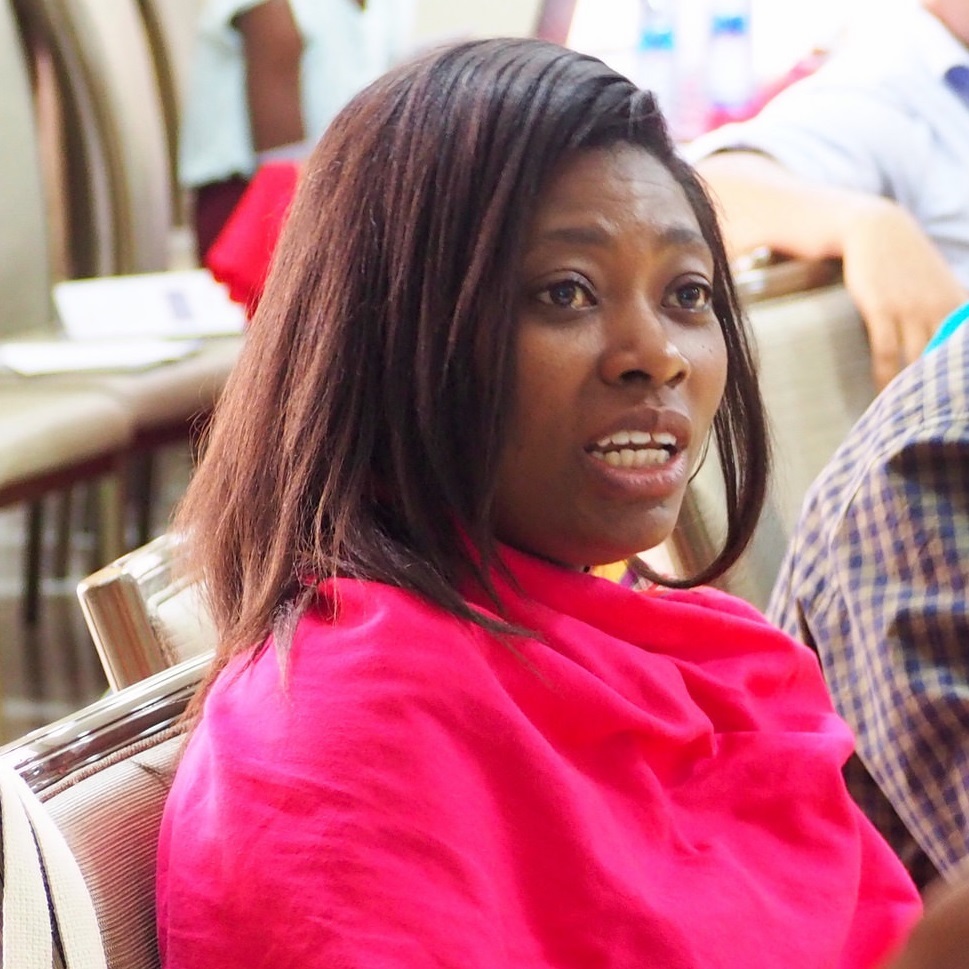Bio
Mary Boatemaa Setrana is a lecturer at the Centre for Migration Studies, University of Ghana, Legon, in Accra, Ghana. Her PhD in Migration Studies was a sandwich programme between Radboud University, Nijmegen, the Netherlands, and the University of Ghana. She is also part of the Brown International Advanced Research Institute Alumni; ILO International Training Centre Alumni, Turin, Italy; Oikos Young Professionals Academy, Switzerland; as well as the African Studies Centre and CERES, both in the Netherlands. Her research interests include migration and ethnic conflict, qualitative research methods, peace and conflict, democracy, diaspora, and homeland politics. She has published in both local and international journals, including “Do Transnational Links Matter? Labour Market Participation of Ghanaian Return Migrants” in the Journal of Development Studies; and “L’engagement politique de la diaspora ghanéenne aux Pays-Bas,” in Afrique Contemporaine.

